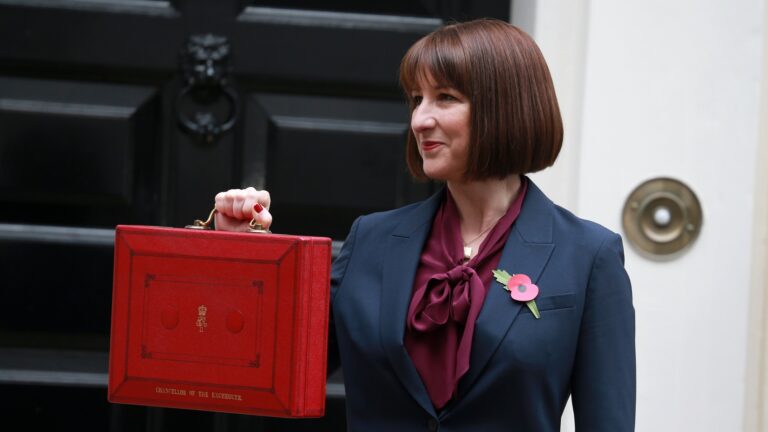
With increasing pressure on the government purse, and both Reform and the Conservatives vocal in their opposition to net zero, many anticipated a reduction in policy funding.
One area deemed to be ‘at risk’ was the Warm Homes Plan – a manifesto commitment to upgrading the nation’s homes.
However, the review confirmed the pledged £13.2bn scheme funding, covering spending between now and 2030.
Among the key beneficiaries of the review was the energy sector, with DESNZ funding benefiting from a 16% increase – the highest of any department. Significant funding was announced for nuclear power, energy efficiency and carbon capture and storage (CCS).
The same end game, but a new message
In an interesting pivot, Chancellor Rachel Reeves did not use the terms ‘net zero’ or ‘climate change’ during her presentation of the review, instead positioning the funding as essential to deliver both cost savings through improved efficiency, and energy security through “homegrown, clean power”.
Confirming the government’s financial commitment to the Warm Homes Plan, Reeves said it will help to cut bills by up to £600 per household as well as supporting tens of thousands of jobs across the country.
The £13.2bn funding roughly doubles the previous government’s commitment – up from £6.5bn – and will see around a fifth of UK housing stock upgraded by 2029, through a variety of measures including efficiency improvements, heat pumps, solar and batteries.
Responding to the review, Dhara Vyas, Energy UK’s chief executive commented: “By reaffirming the funding to improve the energy efficiency of millions of homes and supporting the switch to cleaner heating alternatives, customers can expect warmer and more comfortable homes, cleaner air and cheaper bills – showing how the energy transition can improve their daily lives.”
Welcoming the funding and acknowledging that electrification remains the ‘end-game’, industry voices urged the government to continue to be mindful of the need to avoid “dictating” solutions or “disproportionately impacting” consumers.
“We mustn’t lose focus on the importance of improving energy efficiency and transitioning all homes onto low carbon heating systems, in line with our net zero targets,” commented Malcolm Farrow, Head of Public Affairs for OFTEC, before urging the government to “provide policy support for renewable liquid fuels in its upcoming Warm Homes Plan”.
Given the scale of the UK housing stock challenge, and the mounting pressure on the UK purse, interim solutions that alleviate that pressure will be increasingly attractive.
With further details expected in October, stakeholders will be watching closely to see how the government balances ambition with affordability.
Further details of the review can be found in the original news story here
Image credit: Dreamstime
